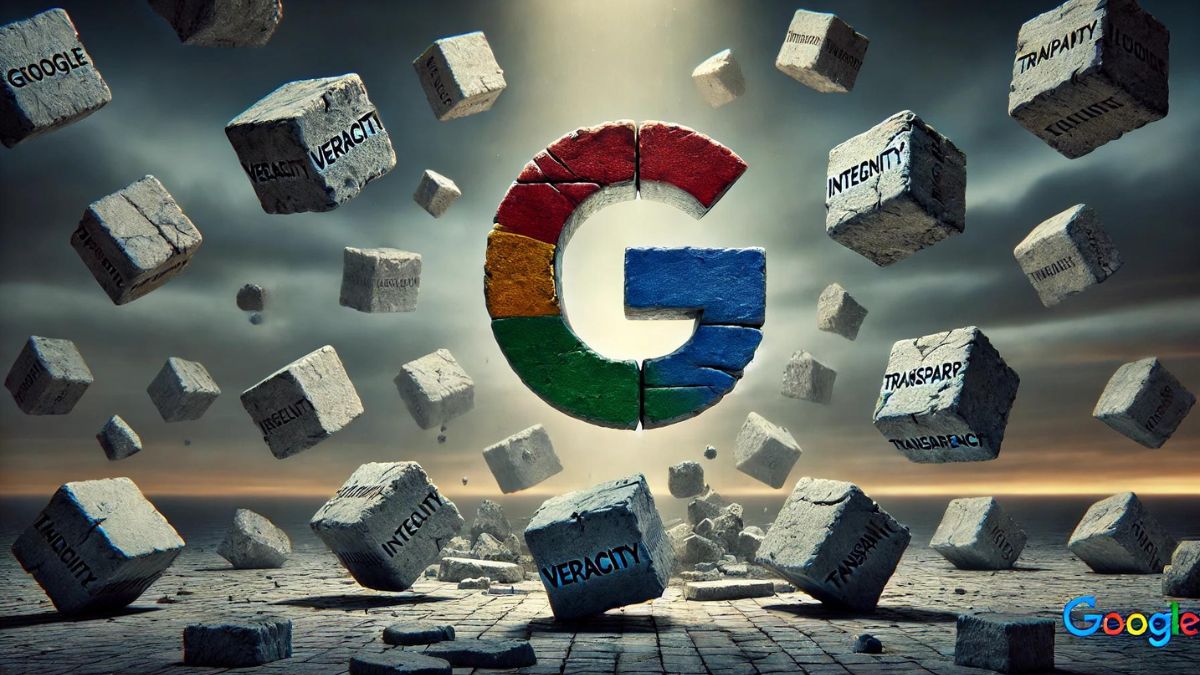
The launch of Google’s AI Mode has sparked not only curiosity among everyday users but also a true uproar within the SEO community and the broader digital marketing world. And for good reason: this new feature promises to revolutionize how people consume information online, inevitably reshaping the strategies for visibility, traffic, and content monetization that have defined the internet for decades.
ALSO READ. What is Google AI Mode and how do I activate it in Mexico?
What exactly is Google’s AI Mode and how does it work?
Unveiled during Google’s annual developer conference on May 20, 2025, AI Mode represents what CEO Sundar Pichai described as “a complete reinvention of search.”
Unlike AI Overviews, which many users have already seen at the top of their search results for the past year, AI Mode replaces traditional search results entirely. Instead of providing links, Google uses a chatbot powered by Gemini 2.0, its most advanced AI model, to generate a concise, real-time article that answers your query directly on the results page.
The system combines Google’s real-time information resources—such as the Knowledge Graph and data from Google Shopping—with advanced reasoning and summarization capabilities. Thanks to techniques like query fan-out, AI Mode performs multiple related searches simultaneously, explores various subtopics, and delivers a unified, clear response—often so complete that users feel no need to click further.
Why is AI Mode causing concern among SEO experts and marketers?
While some praise AI Mode for its ability to deliver faster, more in-depth, and more contextual responses, the innovation has also triggered alarms among SEO specialists, publishers, and content creators.
The root of the concern? Google now generates AI-powered content that draws directly from websites, yet presents it so comprehensively that users may never visit those sites. This growing phenomenon, known as zero-click searches, has become a major source of controversy.
For digital marketers and publishers, this trend threatens to drastically reduce CTR (Click-Through Rate), the key metric that measures how effectively a site attracts traffic from search rankings. In other words, even if a page ranks highly, if users get all the information they need from Google’s AI summary, organic traffic to websites could plummet.
Some observers, dubbed the SEO apocalypse crowd, warn that this marks the beginning of the end for traditional SEO and organic traffic as we know them. According to this perspective, if Google continues to centralize the information experience within its own ecosystem, creators and websites will see their exposure, revenue streams, and influence slowly fade away.
Is this truly the end of the open internet?
The debate is far from settled. As BBC reported, industry voices are raising concerns about the long-term consequences of AI Mode on the internet’s structure.
“If Google makes AI Mode the default in its current form, it will have a devastating impact on the internet,” warned Lily Ray, VP of SEO Strategy and Research at marketing agency Amsive, in an interview with BBC in June 2025.
Ray emphasizes that AI Mode could drastically reduce the main revenue source for most content creators, while fundamentally altering how billions of people experience the internet daily.
Some experts go even further, suggesting we are at the dawn of a new paradigm: the “machine web.” In this future, websites will be designed for AI consumption, not for human audiences, and reading chatbot summaries will become the primary way people consume information.
Are big tech companies already shaping this AI-dominated future?
Evidence suggests the shift toward AI-dominated information ecosystems is well underway:
- The New York Times is reportedly licensing its content to Amazon’s AI.
- Google is paying Reddit $60 million a year to train its AI on user-generated data.
- Dozens of major publishers and media conglomerates have signed similar deals with OpenAI and other tech giants.
However, critics point out that only massive platforms with vast amounts of valuable data are benefiting from these agreements. Small and medium-sized publishers—often the lifeblood of diverse, independent information online—are being left behind.
What does Google say about AI Mode and its impact?
Despite the backlash, Google remains confident that AI Mode enhances the user experience and provides new opportunities to explore information.
According to Sundar Pichai, AI Mode allows for:
- More diverse source recommendations.
- More detailed responses to complex queries.
- In-depth topic exploration with the ability to ask follow-up questions.
Pichai proudly stated at the 2025 developer conference, “As people use AI Overviews, we see that they are more satisfied with the results and search more frequently. It is one of the most successful search launches of the past decade.”
In short, Google argues that AI Mode improves search and aligns with what users want.
What does this mean for the future of SEO and digital marketing?
For digital marketers, SEO professionals, and content creators, AI Mode represents both a challenge and a wake-up call. The traditional SEO playbook may no longer be enough to ensure visibility, traffic, and business success.
Many experts suggest that brands and creators will need to:
- Adapt content to appeal not just to human readers, but also to AI summarization algorithms.
- Explore new monetization models beyond traditional website traffic.
- Invest in direct relationships with audiences through email, apps, and owned platforms.
- Monitor closely how AI Mode evolves and how Google balances AI-generated content with web source visibility.
So, is AI Mode the end of the internet as we know it?
The answer, for now, is both yes and no. AI Mode undeniably signals a radical transformation in how we search, discover, and consume information. Whether it marks the death of the open, link-driven internet—or the birth of a more efficient, AI-enhanced information ecosystem—will depend on how Google, regulators, publishers, and users navigate this uncharted territory.
One thing is certain: the internet is changing, and those who fail to adapt risk being left behind.









